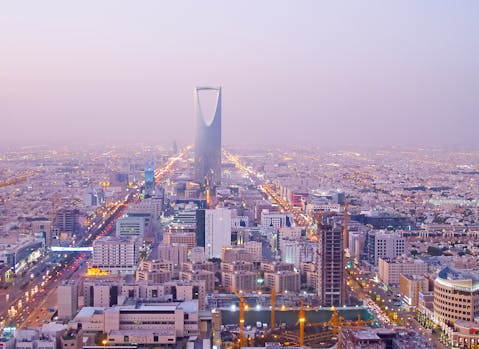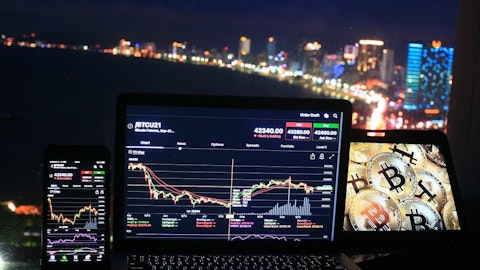Saudi Arabia is one of the fastest-growing financial markets in the world, and currently, it is undergoing a massive change that could shift its economic identity. The Kingdom’s economy is mainly driven by oil, but all that is changing. It is actively diversifying into other sectors to reduce overreliance on oil. There is also an increase in consumer spending, which has led to more Initial Public Offerings (IPOs) in the Food and Beverage (F&B) industry.
As Saudi consumers spend more on F&B, lifestyle, and digital experiences, interest is also growing in online forms of entertainment. Many Arabs now explore global gaming platforms, streaming services, and even casino websites that operate overseas. For local gamers who are curious about how these platforms work or what rules apply, an in depth guide to Saudi casinos clearly shows what options are available in the region. As more consumers go for them, it is easy to see why local brands in various sectors want to grow and list on the stock market.

Fedor Selivanov/Shutterstock.com
For the government, this development shows that the economic diversification agenda of Vision 2030 is working. F&B brands are pushing to take advantage of citizens’ burning appetite for both food and leisure. It shows that the government has succeeded in laying the groundwork and creating a consumer-driven economy, which will eventually open doors to investment from both local and foreign partners.
The underlying statistics also explain how Saudi Arabia’s economy is slowly becoming consumer-centric and supporting the new wave of IPOs. For example, in August alone Saudis spent US$2 billion (SAR 7.5 billion) in restaurants and cafés, representing nearly 12% of total spending captured via payment machines per central‐bank data.
In Q1 of 2025, the consumer markets sector accounted for 42% of total IPO proceeds in the Gulf Cooperation Council (GCC), and Saudi Arabia has posted IPOs worth US$1.6 billion (SAR 4.1 billion) within that period. Recently, cafe and restaurant operators like Half Million, Barns, and The Coffee Address have been speaking with banks about share sales.
A few other companies, like Alromansiah and Sahat Almajd, have cleared large portions of their shares to be listed on the stock market. Apart from F&B brands, health care and tech startups are riding this wave as Tamer Group, a healthcare product distributor, is making plans to launch an IPO next year.
While experts fear that this wave of IPOs may come with regulatory oversight and risk management issues for regulators, it holds more potential not just for the Kingdom but for the entire region.
The rush of consumer-facing companies aligns with global trends where fast-growing economies begin to list lifestyle, food service, digital leisure, and retail companies. It also shows that the government still has a crucial role to play in building an economy. By investing US$64 billion (SAR 240 billion) in culture, entertainment, and leisure while collaborating with private actors, Saudi Arabia has been able to promote tourism, consumer spending, and a consumer-centric economy.
For the Gulf region, this represents a working model that can be emulated, and if successfully implemented, it would have a sector to rely on when the oil market fluctuates.





